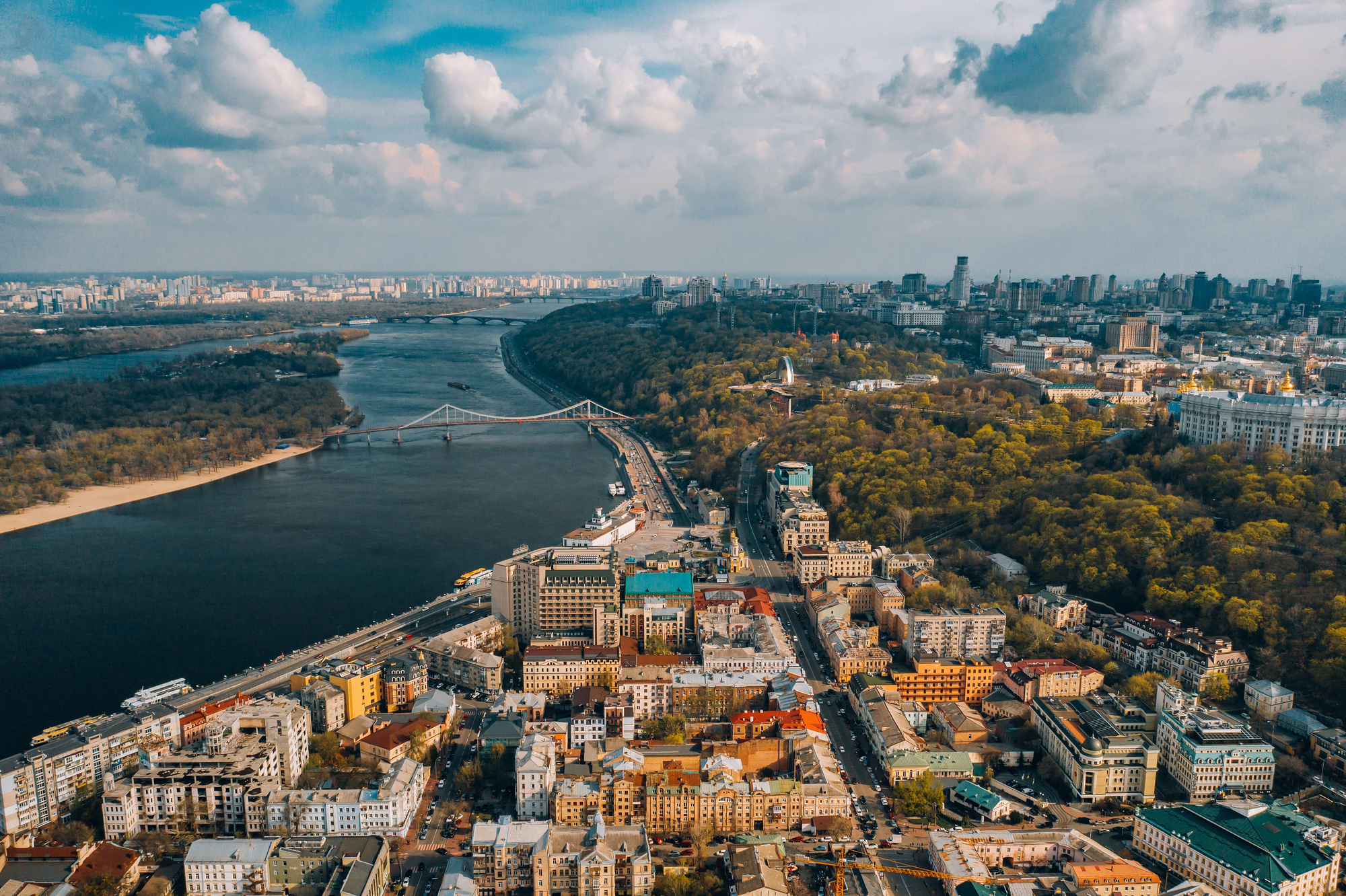Anyone who has followed world events during the nine years since Russia first invaded Ukraine must have come up against at least one critique of the expansion of Western institutions to Eastern Europe following the end of the Cold War. In all likelihood, they would have found far more than one. Newspaper opinion sections have been awash in content blaming the expansion of the European Union for every misfortune from Brexit to Russian revisionism (Dejevsky 2019). Prominent and respected academics from George Kennan to John Mearsheimer (Mearsheimer 2014) have at different times directly attacked the expansion of NATO to the East, both pre- and post-factum. Behind all those arguments is a logic that puts in question the very wisdom of integrating the formerly communist countries of Eastern Europe in the framework of the Western world.
Reading through them, you will find one persistent pattern. They always put the issue of EU/NATO expansion in the context of losses and negative outcomes for the West, as if there were no benefits to consider. These come in great variety, from the most common trope – the purported ‘provocation of Russia’ – to less popular ones. These include the alleged harm of East European labour immigration or the somehow inborn ‘incompatibility of values’ between the new members and the ‘old Europe’. If one puts the issue this way, a reasonable reader in Western Europe or the United States could think that “sure, the expansion of Western institutions helped the poor East Europeans, but for us it wasn’t worth it”.
This dangerously self-absorbed logic can also be applied to Ukraine, especially at a time when few people doubt the righteousness of the Ukrainian cause anymore. One year into the war, the critics of continued Western military and economic support for Ukraine are trying to present their case from the perspective of cool-headed and objective interests, presenting their opponents as radical or emotion-driven – practically rehashing the logic used to criticise previous engagement in Eastern Europe. We feel like this is a good time to remind the citizens of the Euro-Atlantic world that previous expansion into Eastern Europe was not exclusively an idealistic (and certainly not a charitable) enterprise. Western Europe and the United States have benefited tremendously in economic and political terms from the inclusion of Eastern Europe in the common institutional framework of NATO and the EU. Ukraine today has all the cards to become a similar success in the future, given Western investment in its military victory and economic transformation.
The expansion of the European Union to the East was a boon of the century for the economies of the Western Europe. It goes without saying that the millions of workers moving West helped stave off a demographic disaster and filled the gap in the essential workforce. That Polish or Czech migrants assimilate easily within one generation and are never a source of persistent disturbance is also rarely mentioned. The economic ties that have grown between Germany and Poland over the past 30 years helped create a symbiotic relationship, which opened an era of unprecedented economic growth across the former Cold War divide.
As the trade links with Russia waned, German entrepreneurs started counting on the Eastern European economic miracle. Growing prosperity in Eastern Europe added a dynamic and proximate market for export. For smaller Western European states, like the Netherlands and Denmark, having access to about 100 million new customers from Tallinn to Sofia is a godsend, given the small size of their domestic market and highly competitive industries. We should not forget about the ability to relocate their labour intensive production to countries which subscribe to, by and large, the same legal and regulatory framework of the European Union within the Single Market, driving down the cost of production for the Western multinationals.
Successful, mutually beneficial economic cooperation depends on the achievement of security. The successive expansions of NATO since 1990 (East Germany) and 1999 (Poland, Czech Republic, Hungary) have extended the zone of stability and security over a 100 million people. All of the above-mentioned benefits would not have materialised had the Central European states fallen under the influence of the Kremlin or squabbled between themselves without the unifying framework of NATO like the Balkans. For the mutual benefit of ours and Ukraine, we should extend that offer of partnership to Kyiv.
There is a business case for doing so. Ukraine is going to be an unprecedented opportunity for Western businesses, not unlike Germany in the wake of the Marshall Plan. The call for the new Marshall Plan for Ukraine (Conley 2022) should be put on the table as an intrinsic part of the reconstruction and revitalisation effort of Ukraine’s economy. Calls for that were articulated as late as six years ago by Lithuania’s former Prime Minister, now Member of the European Parliament, Andrius Kubilius.
In the era of re-shoring or friend-shoring operations, and increased awareness of geopolitical issues, investing the capital that would have been used for oil and gas drilling in Russia into Ukrainian green hydrogen or uranium mining seems much more enticing in the context of the green transition. The technological rent that Ukraine will benefit from, as it would leave Soviet technology behind, would usher in a new era of economic growth, which the Western multinationals could ride. At a time when experts warn of economic reliance on potential adversaries (Pletka and Scissors 2020) and private companies take the lead in punishing criminal state-actors, catalysed by Professor Jeffrey Sonnenfeld, it pays double to invest – politically as much as economically – in promising and staunchly friendly markets.
For a moment let us consider the counterfactual, that is a Ukraine that ends up under Russia’s immediate control or is thrown into a state of perpetual crisis and dysfunction. Would the West really benefit more from not making that investment in Ukraine’s future and ending up with a source of constant geopolitical tension, humanitarian crisis and economic stagnation? Do we really want Russia to achieve its geopolitical goal of destroying Ukraine as a viable state and go on to try to corrupt and dismantle the European Union and NATO? Should one of the largest states in Europe really be abandoned to become a criminal oligarchy on the Russian model (Applebaum 2020) which, as the history of the past decade shows, can clearly reach with its tentacles into European and American politics?
Finally, as any savvy business owner or economist would, we ought to consider the opportunity cost. The price tag of not supporting Ukraine is not only a constant source of trouble for the future right on the Western world’s border. It is also a chance for tremendous mutual economic benefits, perhaps greater than those brought by the successful integration of Eastern Europe some two decades ago. In our world plagued by geopolitical tension and economic uncertainty, can we really afford not to take this chance?
References
Applebaum, A (2020), “A KGB Man to the End”, The Atlantic, September.
Conley, H (2022), A Modern Marshall Plan for Ukraine, The German Marshall Fund of the United States.
Dejevksy, M (2019), “How the European Union’s eastern expansion created Brexit and made an enemy of Russia”, Independent, 3 May.
Mearsheimer, J J (2014), “Why the Ukraine Crisis Is the West’s Fault: The Liberal Delusions That Provoked Putin”, Foreign Affairs 93(5).
Pletka, D and D Scissors (2020), “We’re Too Dependent on China for Too Many Critical Goods. Especially Medicine.”, Op-Ed, American Enterprise Institute, 21 March.
#helpUkraine_helptheWorld
This publication is a part of a collection of essays initiated by the National Bank of Ukraine. Famous economists, political scientists and historians, experts recognized in the world, volunteered to share their thoughts and arguments on why helping Ukraine is helping the world. The complete book of essays can be found via the link.
Attention
The author doesn`t work for, consult to, own shares in or receive funding from any company or organization that would benefit from this article, and have no relevant affiliations



